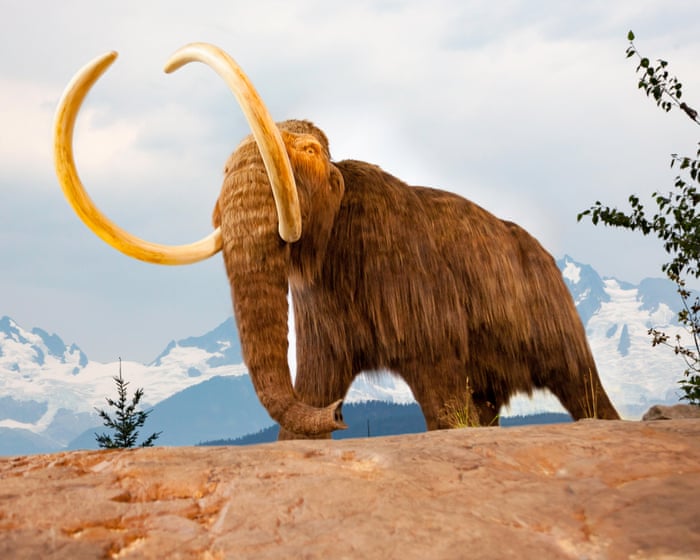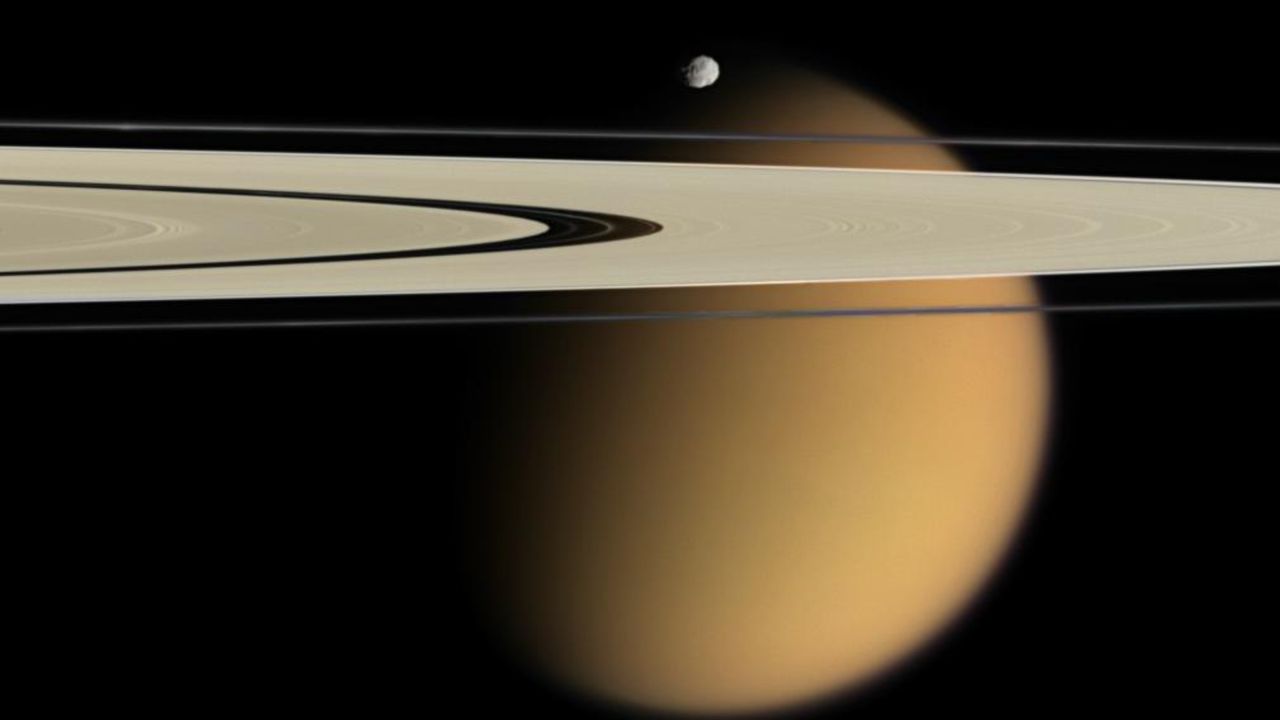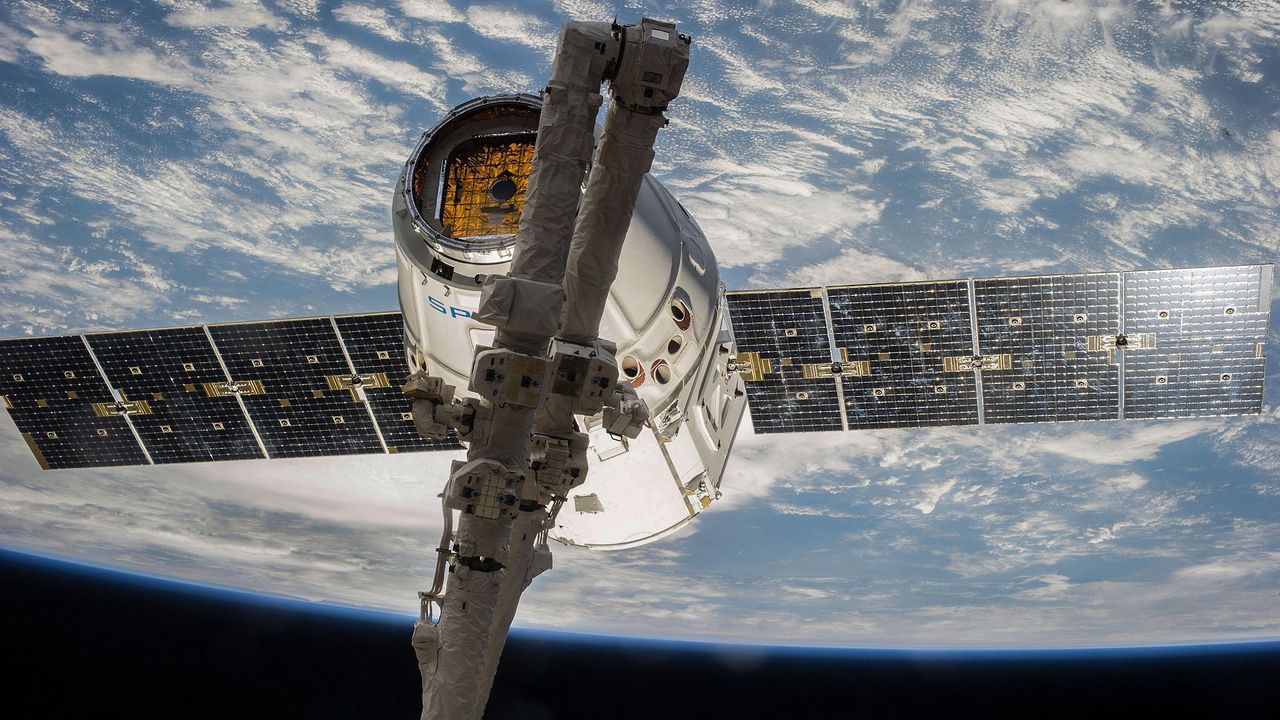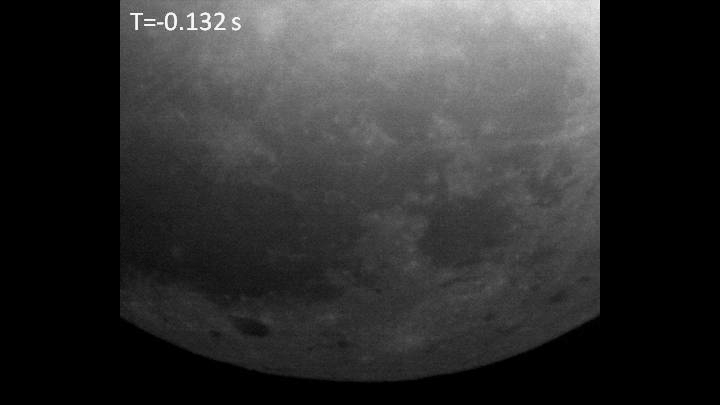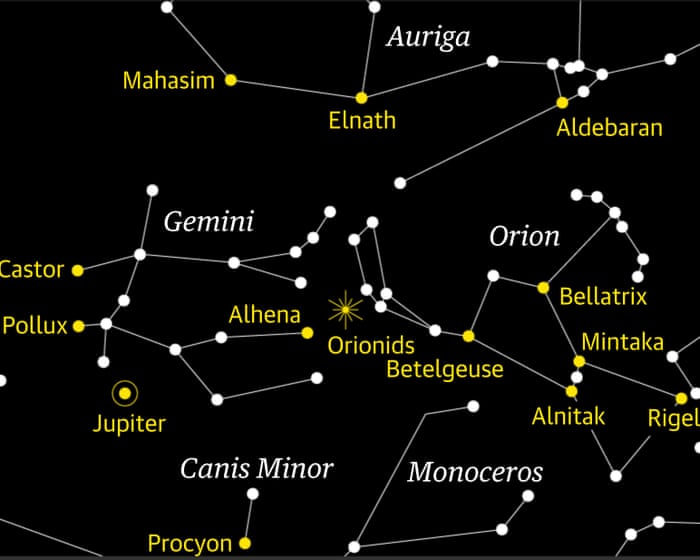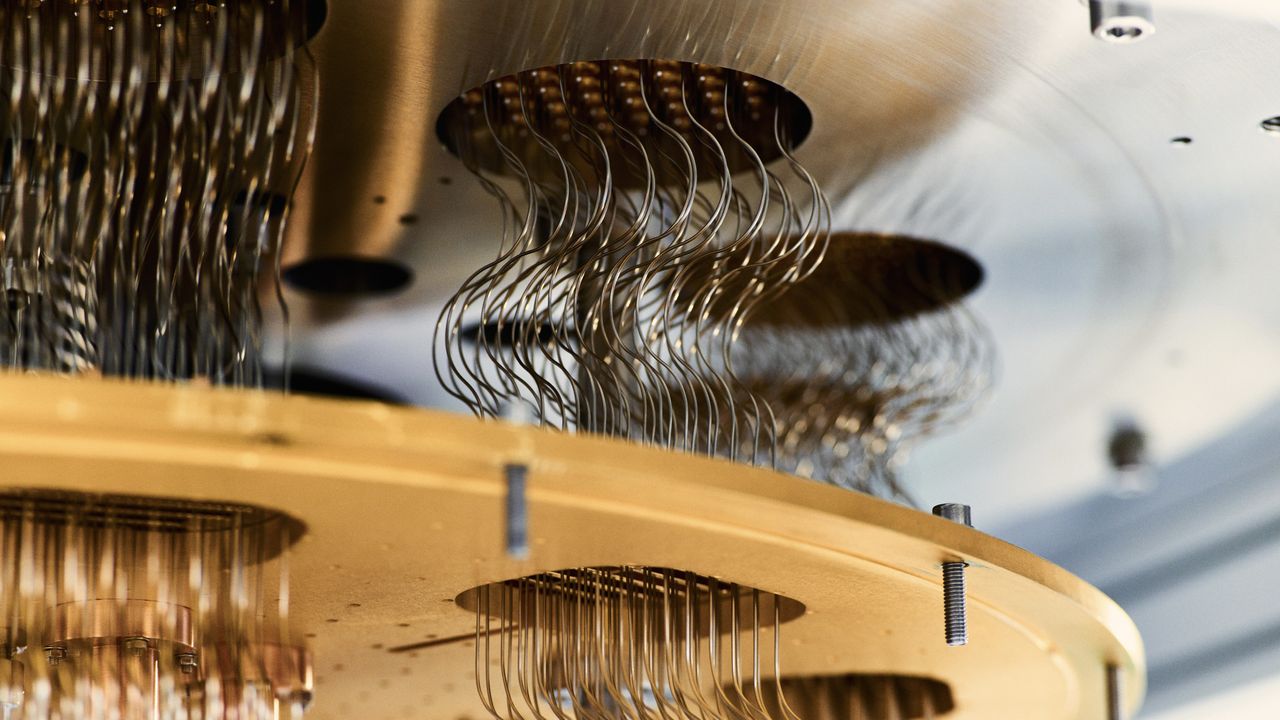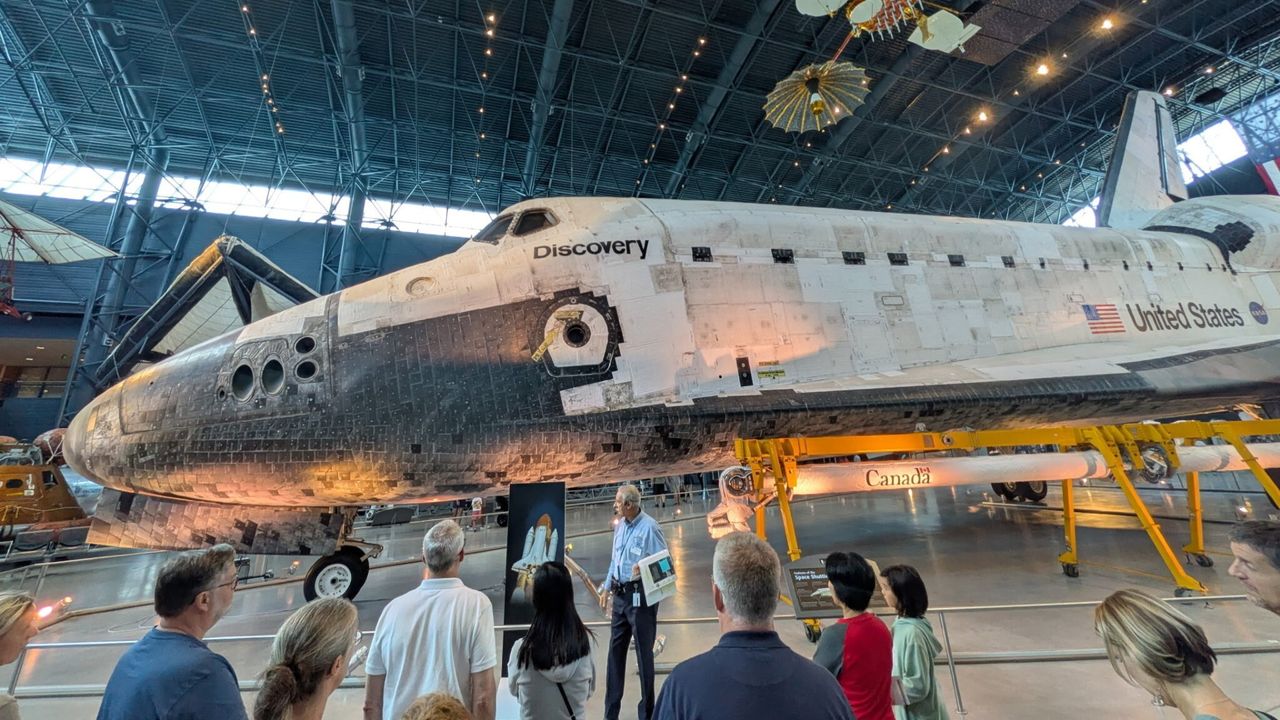Exclusive: Climate scientists expect attempts to dim the sun by 2100
NegativeScience

A recent exclusive survey by New Scientist highlights a troubling trend among climate scientists: many anticipate that attempts to manipulate the Earth's atmosphere to cool the planet could begin as early as 2100. This raises significant concerns about the potential risks and ethical implications of such interventions, as scientists grapple with the urgency of climate change and the need for effective solutions.
— Curated by the World Pulse Now AI Editorial System
